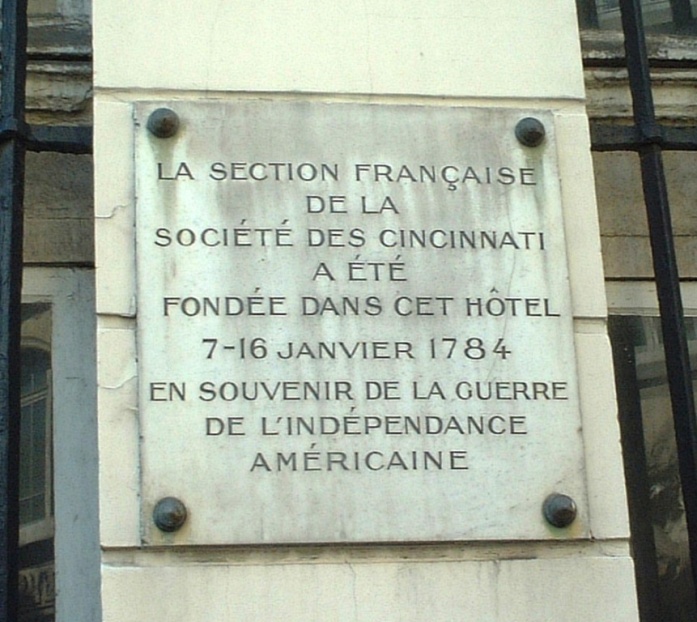Alexander Nikolayevich Tcherepnin (Александр Николаевич Черепнин) (21 January 1899 – 29 September 1977) was a
Russian-born composer and pianist.
After the 1917 Russian Revolution, the family fled St. Petersburg to Tbilisi,
Georgia. In 1921 , they settled in Paris, where Alexander completed his musical studies at the Paris Conservatory, and became associated with composers Martinu, Mihalovici and Beck.
From Paris Tcherepnin launched an international career as a pianist and composer. He began yearly visits to the
United States in 1926 and later went to the Far East, making several extended visits to
China and
Japan between 1934 and 1937. While in China, he met Lee Hsien Ming, a young pianist whom he married in Europe. World War II, during which he lived in France, virtually stopped his musical activities but the immediate postwar period brought a resurgence of creative energies.
In 1948, he went to the United States, settling in Chicago in 1950 and in 1958 acquiring United States citizenship. He and his wife taught at DePaul University in Chicago, where the Chicago Symphony Orchestra premiered his second symphony with Rafael Kubelík conducting. From 1964 he divided his time between the United States, mainly New York, and Europe. He was a National Patron of Delta Omicron, an international professional music fraternity.
He died in Paris in 1977.



